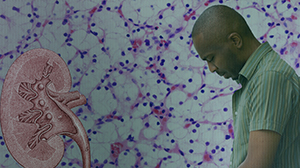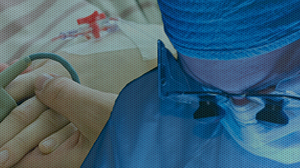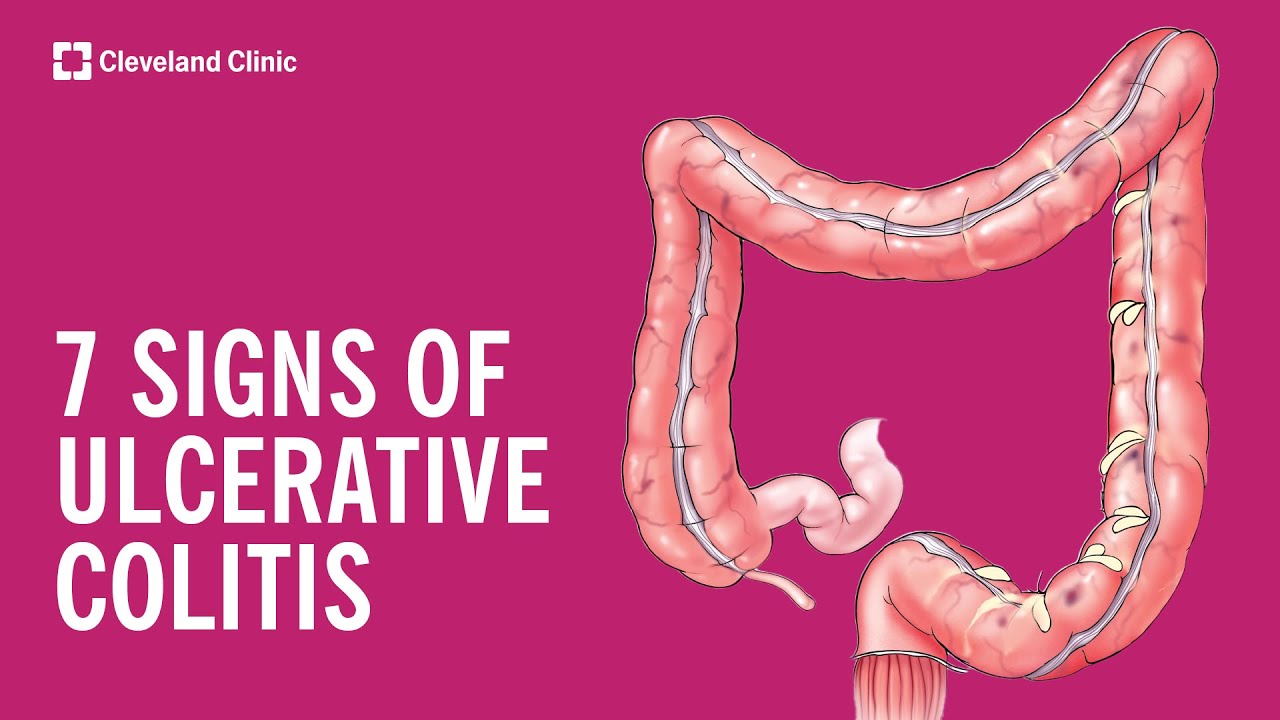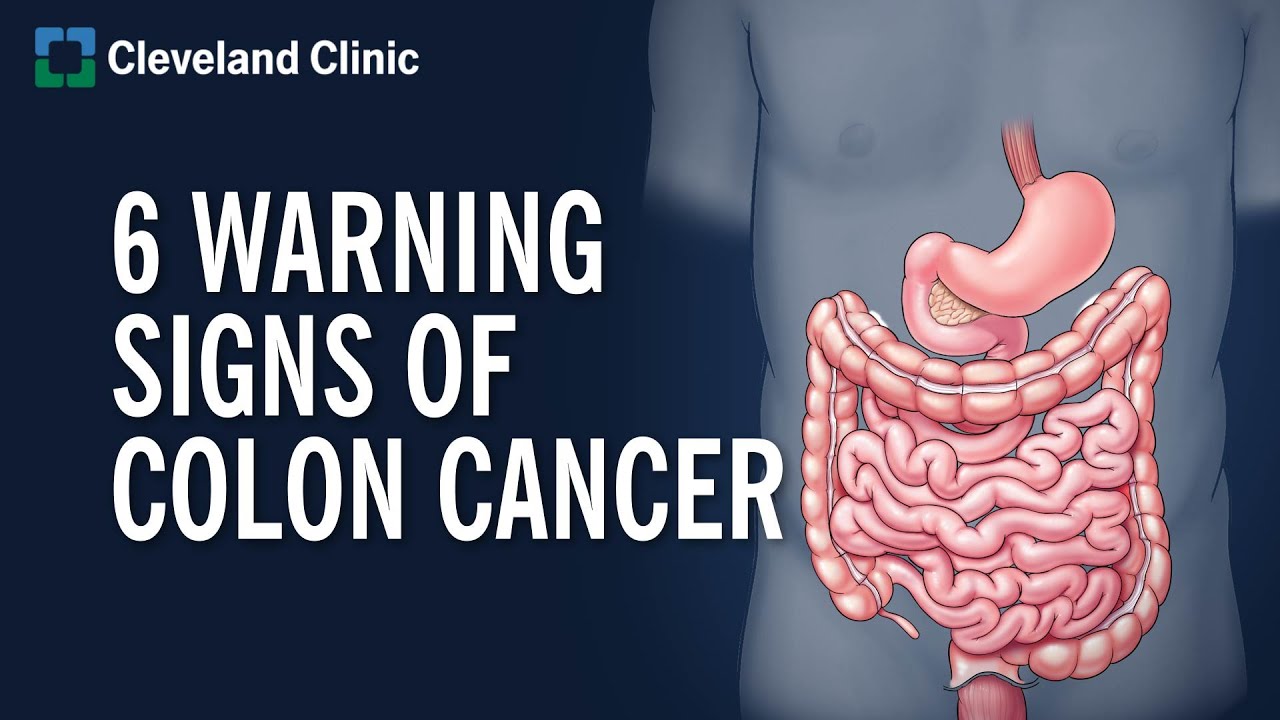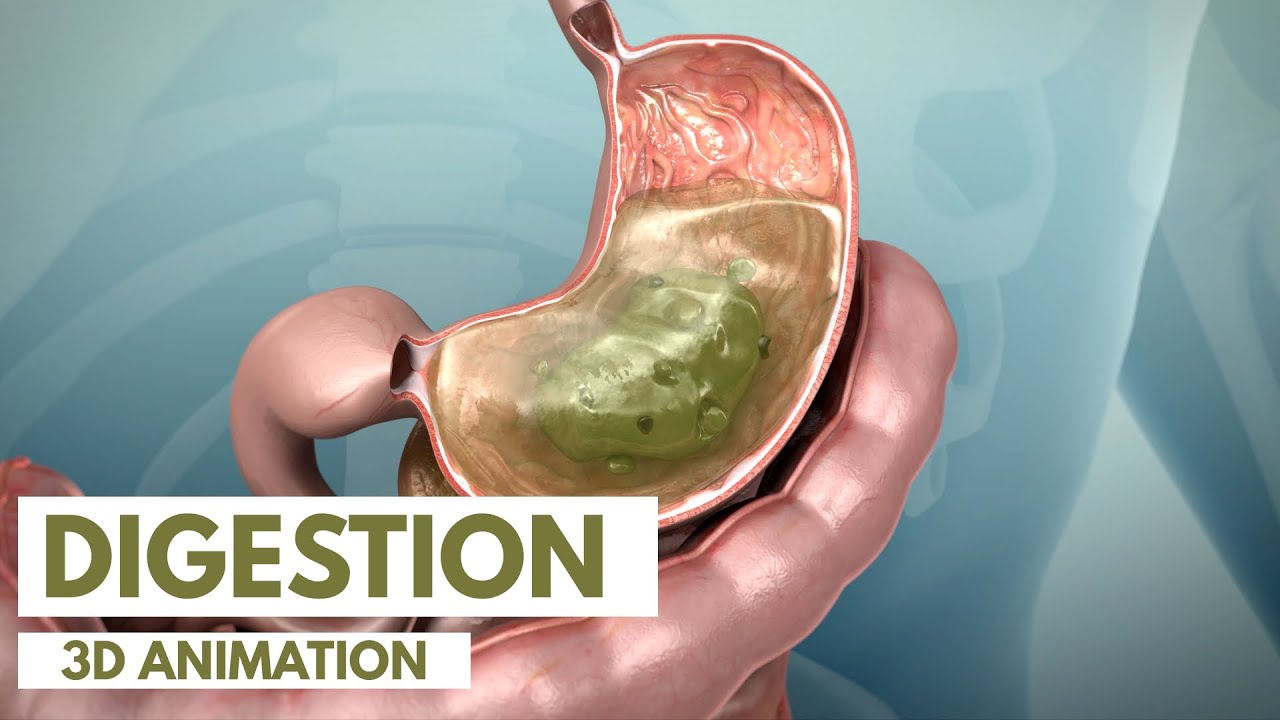The Reuters Health • The Doctor's Channel Newscast Channel
NEW YORK (Reuters Health) – Doxycycline treatment prompts amelioration of filarial lymphedema independent of active infection, researchers report in a May 18th on-line paper in Clinical Infectious Diseases.
As Dr. Achim Hoerauf told Reuters Health by email, “This is a real improvement over the current situation. The implication of these findings is that all people suffering from filarial lymphedema in their early stages should take regular (best: once every year) doxycycline courses of 6 weeks to prevent the lymphedema from worsening.”
Dr. Hoerauf of University Hospital Bonn, Germany and colleagues note that Worldwide, 40 million people are disabled due to filariasis related morbidity. According to the World Health Organization (WHO), the condition is endemic in 81 countries. Approximately 66% of those at risk of infection live in the WHO South-East Asia Region and 33% in the African Region.
The researchers note that current morbidity management strategies rely on measures including improving hygiene and skin care of affected limbs. The team had previously shown that 6 weeks of doxycycline results in a significant amelioration of lymphedema severity in patients with active Wuchereria bancrofti infection.
To find out whether this might be true of those without circulating filarial antigen, the researchers studied 162 Ghanaian patients with lymphedema stages 1-5.
They were randomized to daily treatment with doxycycline 200 mg, amoxicillin 1000 mg or placebo for 6 weeks. All received standard hygiene morbidity management.
Of the 119 patients who completed treatment, most had stage 2 or 3 disease. In all, 73 were circulating filarial antigen (CFA) negative.
Regardless of CFA status, patients in the doxycycline group with stages 2-3 showed significant improvement at 12 and 24 months in filarial lymphedema. In fact 43.9% of this group showed improvement compared to 3.2% of the amoxicillin patients and 5.6% of the placebo group.
The approach, the investigators conclude, “should be considered as an improved tool for morbidity management of filarial lymphedema.”
Nevertheless, Dr. Hoerauf stressed that, “It is also imperative that the poorest of the poor get support in both education about this possibility and also in the actual providing of the drugs.” Fortunately costs are not high. Dr. Hoerauf observed that, “such a treatment course comes for less than $2 US for 6 weeks.”
It’s reasonable to say that doxycycline should be the standard of care, he added. “However it must also be stressed that the doxycycline treatment comes on top of the basic hygiene treatment (keeping your toes clean, trying thus to close fissures that arise more easily than in normal people because of the higher tissue pressure). Bacteria entering from outside through those fissures perpetuate the elephantiasis process.”
SOURCE:
Doxycycline Improves Filarial Lymphedema Independent of Active Filarial Infection: A Randomized Controlled Trial
Clin Infect Dis 2012.


